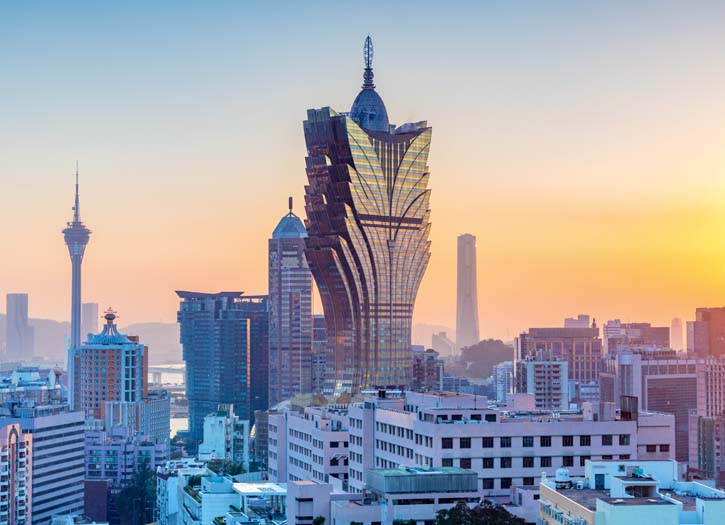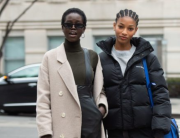The first case of the disease in Macau was confirmed on 22 January 2020. The city saw nine more cases by 4 February, but no more cases until 15 March, when imported cases began to appear.As of 17 July 2020, the city has 46 cumulative confirmed cases of COVID-19, all of those having recovered.Stringent government measures have included the 15-day closure of all 81 casinos in the territory in February,and from 6 April, the Hong Kong–Zhuhai–Macau Bridge was closed to public transport and most other traffic.
On 22 January 2020, Macau confirmed two COVID-19 cases, that of a 52-year-old woman and of a 66-year-old man, both from Wuhan. The Macau government has since temporarily closed all schools and universities, and has imposed border controls with temperature checks.The government also declared the closing of several venues to limit the possible spread of the virus. On 6 March, all 10 confirmed patients with the virus had recovered. According to authorities, however, there are still 224 people in isolation, 6 in quarantine, and 58 Macau residents who have been to South Korea and Italy also isolated. On 7 March, the Philippines announced that an airlift operation will be launched to bring home 167 Filipinos working in Macau.
On 19 March, the Education and Youth Affairs Bureau announced the re-postponement of its plans to resume primary and secondary education as a response to the second wave of COVID-19 cases beginning with the 11th case.This is after the bureau’s class resumption plans starting on 30 March, announced on 11 March.On 27 March, the government of neighbouring Zhuhai announced that anyone returning or travelling from outside Mainland China (including Macau and Hong Kong) would undergo mandatory 14-day quarantine with a few exceptions.On 19 June, 300 Filipinos who were living in Macau were airlifted in an operation headed by the Philippine Consulate General in Macau.
Starting 10 January, people bought large quantities of masks, leading to shortages in some pharmacies. Macao Daily News reported that, according to the Health Bureau, the city’s supply of masks was sufficient.On the day that the first case in Macau was confirmed, the Health Bureau announced at a press conference the imposition of rationing starting in the evening of 23 January: Macau residents and foreign workers could use Macau Resident Identity Cards and foreign worker identity cards respectively to purchase up to 10 masks per person every 10 days.
On 24 January, the Education and Youth Affairs Bureau announced that all non-tertiary schools would extend their Chinese New Year holiday, not resuming classes until February 10 or later. The bureau also asked other private tutoring and continuing education centers to delay the resumption of classes.On the same day, the Tertiary Education Bureau also announced that ten tertiary institutions would delay classes until February 11.The Sports Bureau later announced that sporting facilities would be closed from that afternoon (24 January) at 4PM. On 30 January, the Tertiary Education Bureau announced that the resumption of classes would be delayed further, and that a schedule for resuming classes would be released one week before classes were to resume.
On 13 February the government announced economic relief measures, including: (1) reduction of taxes and fees to relieve the burden on businesses and residents; (2) assistance to small and medium enterprises and interest subsidies, to support the continued existence of enterprises; (3) measures to enhance people’s livelihoods and support vulnerable families; (4) technical training, providing work, and protecting wages; (5) putting out electronic coupons to accelerate economic recovery.
On 17 February, the government announced that effective 20 February, casinos could reopen but other entertainment facilities such as cinemas and bars were to remain closed. The government also announced that migrant workers entering Macau who had been to mainland China in the past 14 days would need to undergo 14 days of medical observation at a designated location in Zhuhai.At a press conference, the Secretary for Economy and Finance Lei WaiNong (李偉農) mentioned that when casinos reopened, they would have to follow government measures in order to protect employee and guest safety.







Add Comment